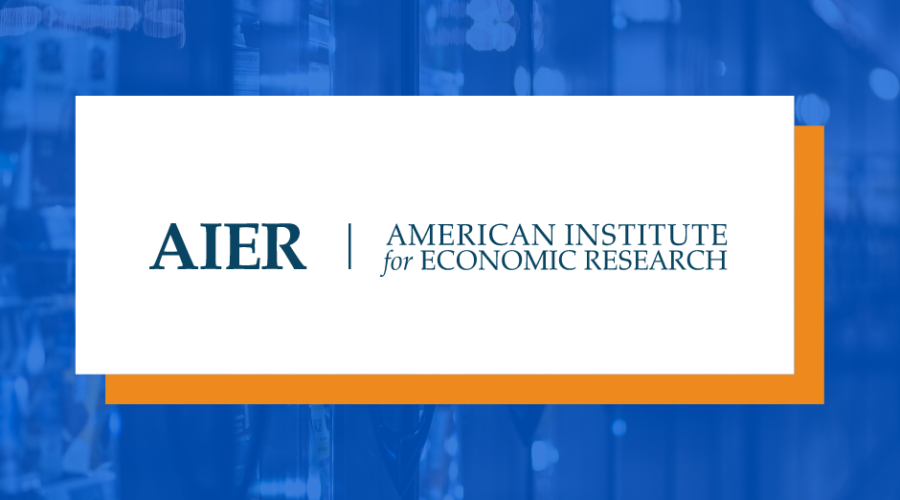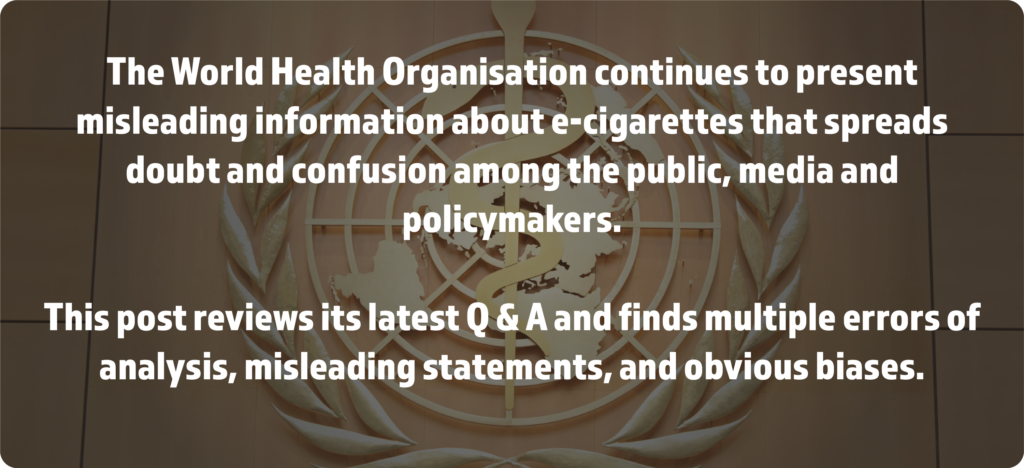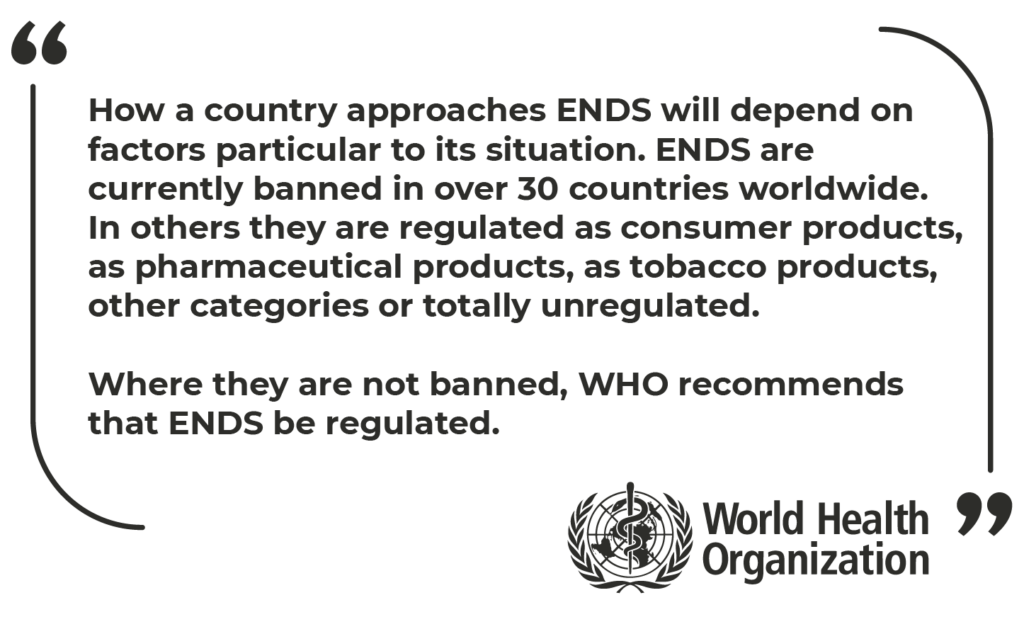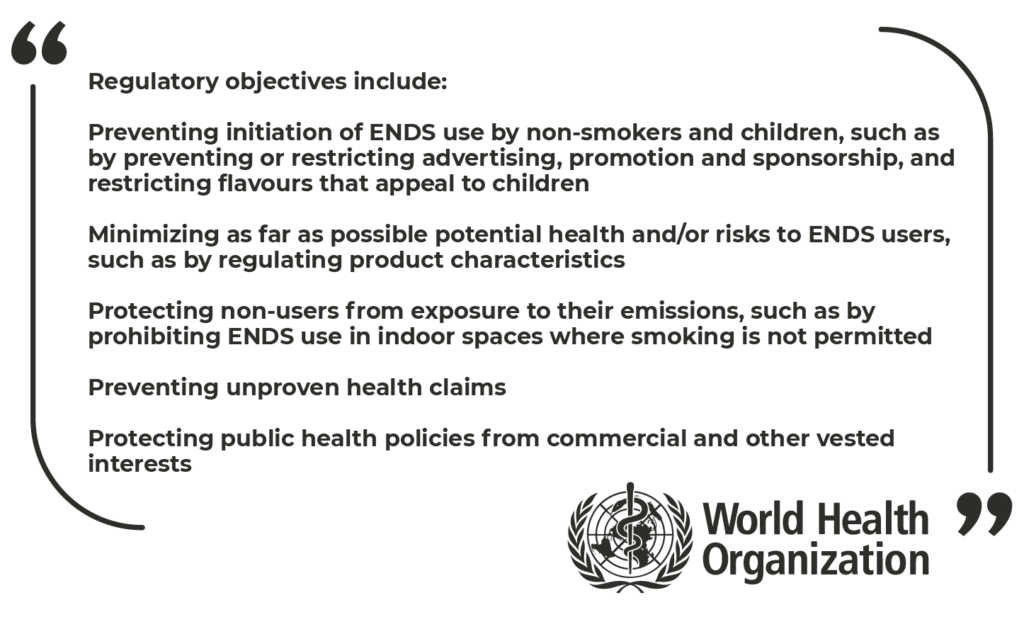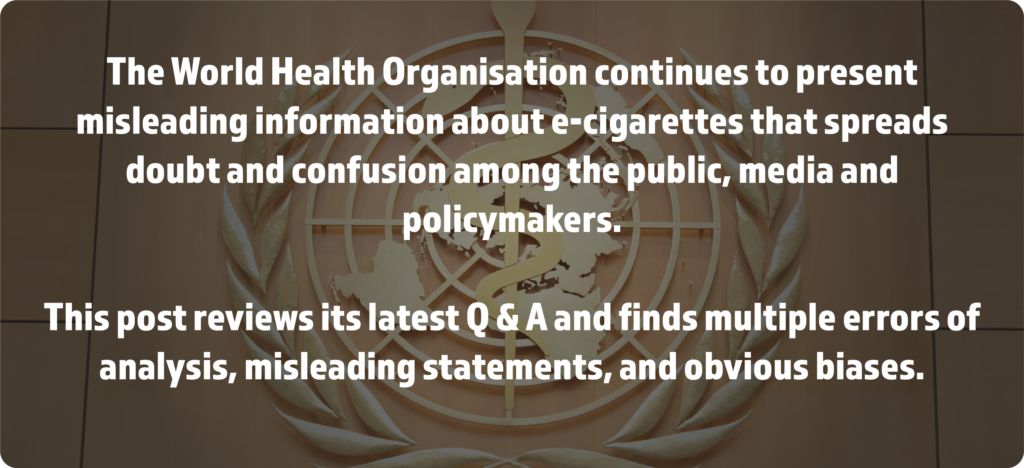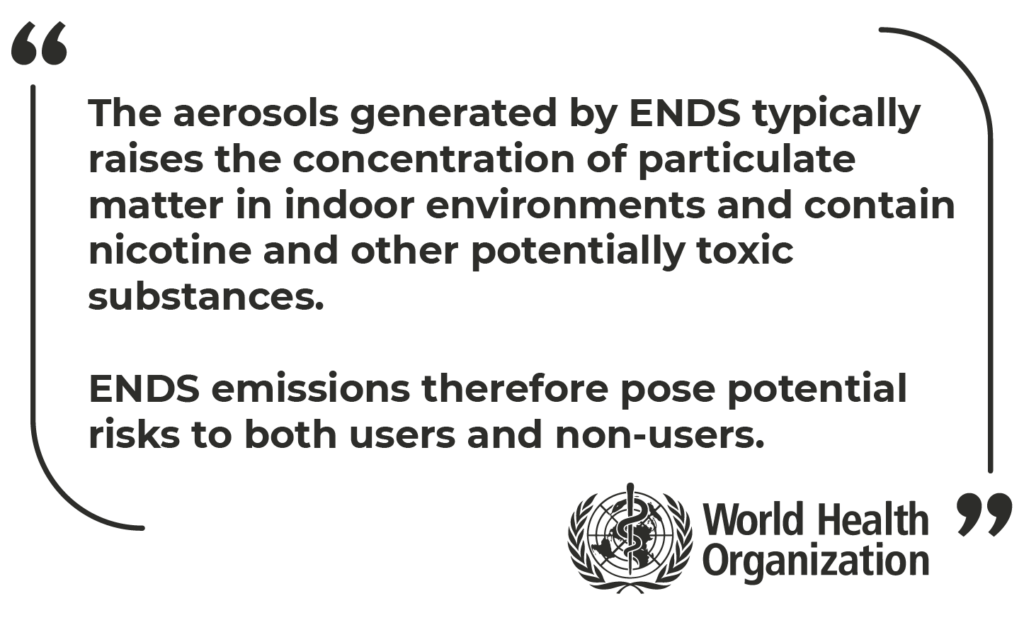August 2022
| Hello there! Our team has been working around the clock to defend you and your consumer choice! Let me take you through the last few weeks. |
 Just another misguided attempt to improve sustainability Environmental Protection Agency (EPA) is moving to essentially ban the commonly used pesticide atrazine. The current administration is weaponising for its political ambitions cutting down on pesticides, even if it is contrary to its own scientific advice. Bill writes that this move would increase food insecurity and prices at a time when American consumers can afford it the least. But do the environmentalists know that this ban would harm the environment? |
 Yael gives his thoughts on student loan forgiveness Yael was recently interviewed on Hot Talk 99.5FM by host Joe Catenacci. He expressed his skepticism about Biden’s student loan forgiveness plan, especially in the light of current high inflation. He stressed the importance of reforming the federal loan system, without which, we would just be endorsing bad behavior of taking out huge loans |
 We know just how to ease the plasma shortage in Canada Plasma is a valuable resource used to make medicines that treat burns, immune deficiencies, and respiratory diseases, but unfortunately, Canada produces only enough to meet 13.5 of the national demand. 80 per cent of Canada’s plasma therapies are derived using plasma from American donors, who are compensated for their donations. David writes that if we want to decrease reliance on imports and increase domestic supply, we just need to start compensating plasma donors. |
 Catch up on the latest episodes of our podcasts The weekend is almost here, and if you were looking into what podcasts to listen to, we have great recommendations for you. In the latest episode of ConsEUmer podcast, Bill talks about the crackdown on private jets in France and discusses a potential EU ban on nicotine product sales for people born after 2010. As for Consumer Choice Radio, we welcome David back from his dad leave, and he’s ready to share tips and tricks for new dads. David and Yael also take time to rant about ArriveCan and Canada’s COVID restrictions and give some thoughts on alcohol recommendations. |
 Checking in on the bees Bill has been on fire recently, writing an op-ed after op-ed. This time he’s checking in to see how the bees are doing. Turns out they’re just fine. As opposed to the widespread claim that bees are dying because of certain pesticides, evidence shows a different picture. The number of bee colonies in the United States has been stable for 30 years, and the regional declines in bee populations are often due to a reduced demand for beeswax or honey, which makes beekeepers shrink their supply of managed bees |
 Another great addition to the CCC team 🎉 The Consumer Choice team keeps growing! Say hello to our Junior Graphic Designer Elena Podaneva. Elena has worked with global brands across many sectors, and she is also focusing on applying her skill sets to social causes. We are glad to increase team #consumerchoice and fight the good fight! |
| That’s a wrap for this month! Stay tuned on all of our social media channels for more info on our current activities. If you want to support our work, please consider making a donation HERE |
 David Clement North American Affairs Manager |









